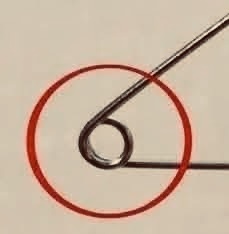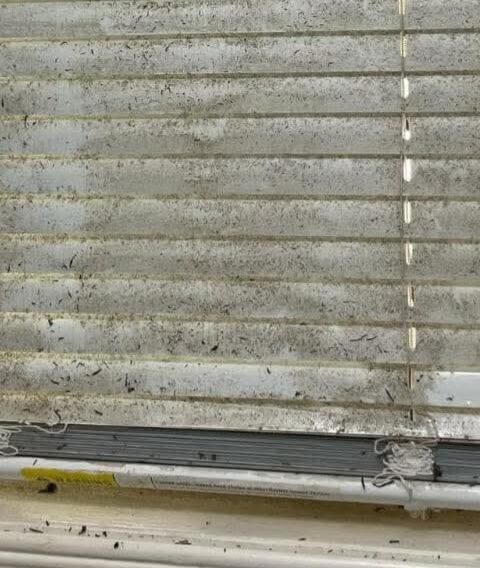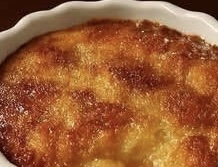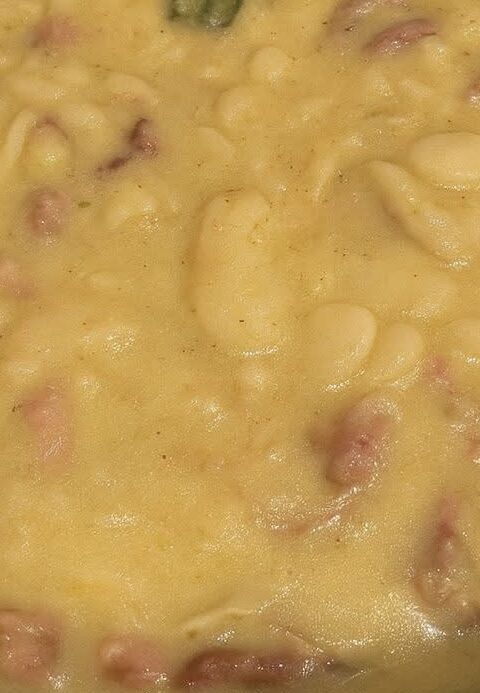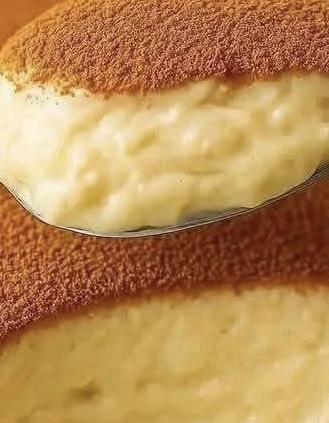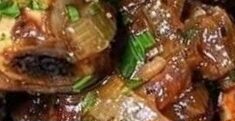The Surprising Purpose of the Tiny Hole in a Safety Pin
Safety pins are simple yet ingenious tools that have been around for centuries. Most people use them for fastening fabric.
repairing clothes, or even as makeshift tools—but have you ever noticed the tiny hole near the point of the pin? While it may seem decorative or insignificant.
this small feature actually serves a very practical purpose.
The Function of the Tiny Hole
The tiny hole in a safety pin is not just for show. It is primarily designed to:
Hold the Pin’s Coil in Place
The hole is part of the mechanism that allows the coiled spring to function properly. It keeps tension in the spring so the pin stays securely closed until you intentionally open it.
Prevent the Pin from Sliding Out
When you push the sharp end of the pin through fabric, the tiny hole can sometimes catch the coil, providing a slight grip that prevents accidental slipping.
Assist in Manufacturing and Strength
During production, the hole can make the metal easier to bend and assemble. It also slightly reduces stress on the metal, preventing breakage.
Optional Functional Uses
Some people thread a tiny string or wire through the hole for added security in crafts or sewing projects.
Why It Matters
While the tiny hole seems insignificant, it contributes to the overall durability, safety, and functionality of the safety pin.
It’s a reminder that even the smallest details in design can have a practical purpose.
Fun Fact
The safety pin was invented by Walter Hunt in 1849, and its design has remained largely unchanged for over 170 years.
That tiny hole has been part of the ingenious design from the very beginning!
Conclusion
Next time you use a safety pin, take a closer look at that tiny hole. It’s more than a design quirk—it’s a small but clever feature that makes the pin safer, stronger, and more reliable.

